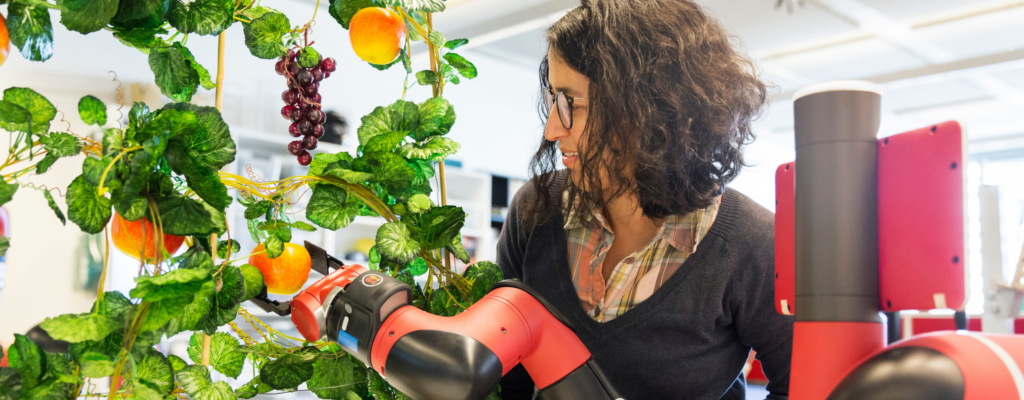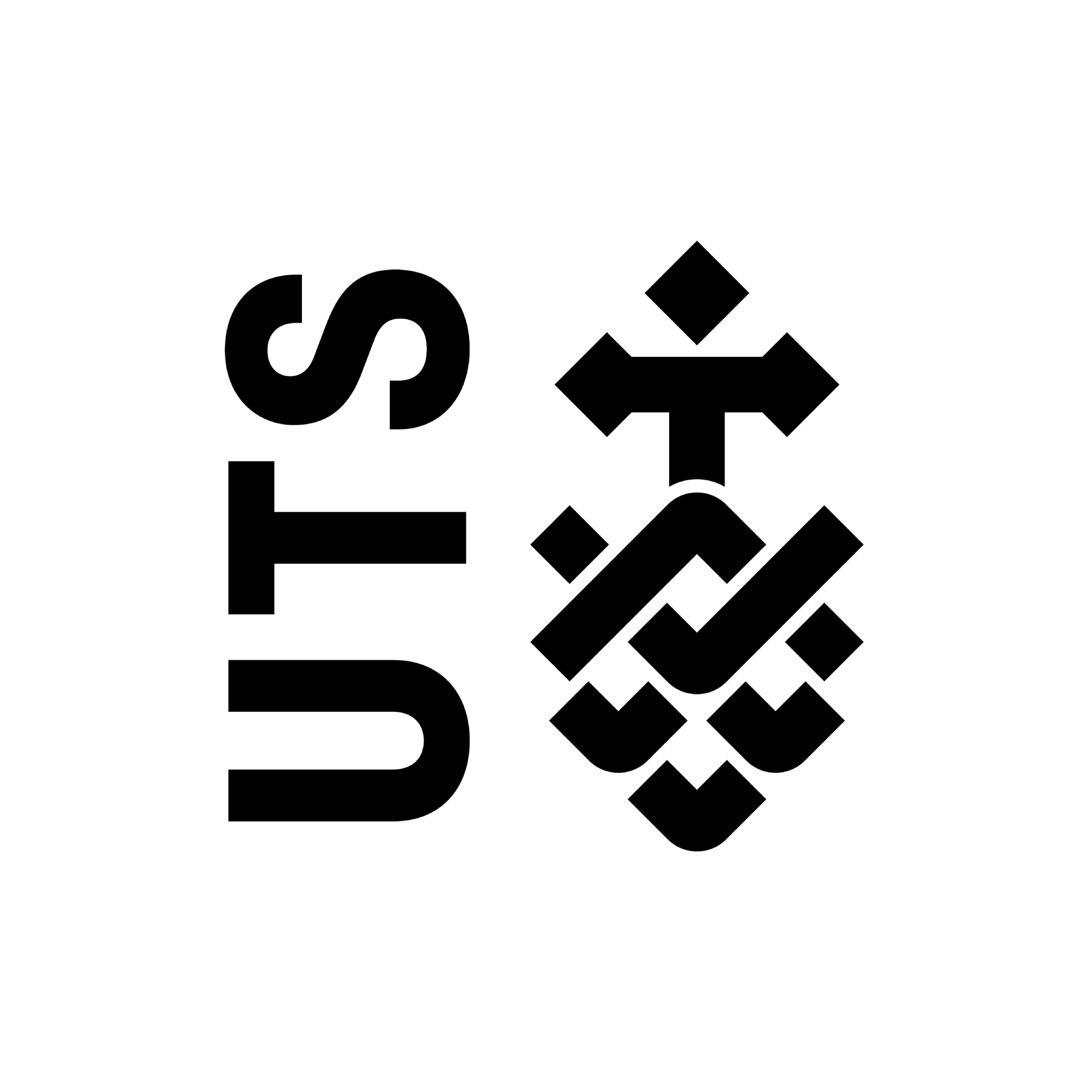If you’re looking to start your studies in Australia, you might be wondering which jobs will be most in demand in the future.
With Industry 5.0 already underway, it’s important to choose a degree that’s ready for the new digital age.
To help you find out more, we’ve put together this handy guide on everything you need to know about Industry 5.0 and the top five careers of the future.
What is Industry 5.0?
Industry 5.0 is the next industrial revolution, which is changing the way we live and work in our new technological age. This age represents a move by businesses towards more sustainable and human-centric approaches.
By combining the strengths of human beings with the latest technologies, such as artificial intelligence (AI) and machine learning, Industry 5.0 aims to make better outcomes for businesses and society as a whole.
How are the careers of the future decided?
Industry 5.0 will change the way we work. Over time, business processes will be increasingly automated, which means roles performed by human beings will become less operational and more innovative.
Jobs of the future will be those focused on improving existing processes, services, products, sustainability and well-being, which opens up plenty of exciting opportunities. Read on to find out our top five careers for Industry 5.0.
Careers of the future
Robotics engineer
Robotics engineers design, build and program robots to be used in a huge range of industries, such as manufacturing, healthcare and agriculture. Graduates even have the opportunity to work in Australia’s space industry, designing robotic parts for satellites and space stations.
Robotics engineering is a lucrative career, with an average annual salary of between AU$80,000 and AU$110,000. To become a robotics professional, you’ll likely need an engineering degree, like a Bachelor of Engineering (Honours), but you can also enter through degrees in computer science and mathematics.
Work experience is key as a future robotics engineer, so make sure to seek internships or work-integrated learning that can help you better understand this industry.
Cybersecurity lawyer
Every 7 minutes, a cybercrime is reported in Australia, which is a clear indication of the importance of cybersecurity experts, such as cybersecurity lawyers. Performing vital tasks to ensure organisations are keeping sensitive data safe and secure in line with legislation, cybersecurity lawyers can also advise businesses on how to deal with risks and security attacks. Cybersecurity lawyers may work at a law firm or in-house at a business or government agency.
With the high demand for cybersecurity professionals in Australia (the country is actually ranked the world’s fifth most powerful cyber nation!), graduates in this industry can expect to earn an average yearly salary of around AU$122,000.
To get a head-start in this field, it’s a good idea to choose a law degree that offers a technology specialisation. For example, students studying a Bachelor of Laws from UTS can major in Legal Futures and Technology to launch their careers in cybersecurity law.
Sustainability manager
Environmental responsibility is a key focus of Industry 5.0, which means there are lots of exciting new opportunities in sustainability management, particularly in Australia. The country has a wealth of renewable energy resources, especially solar, wind, wave and tidal and hot dry rock geothermal energy, so being able to manage these is of particular interest.
Sustainability managers work with organisations to understand and reduce their environmental impact across all areas of business.
On average, sustainability managers in Australia earn between AU$120,000 and AU$190,000 per year. You’ll need a relevant degree, like a dual Bachelor of Business Bachelor of Sustainability and Environment, to gain the skills you need to succeed in this career.
Data journalist
You might be surprised just how much you engage with data science on a daily basis. From recommendation engines (for example, what Netflix tells you to watch next) to personalised marketing (how you see online ads that seem made for you!), the application of data science is everywhere. This is why data journalists are so in-demand!
Data journalists use their understanding of statistics, numbers and analytics to understand important information and events, which they then turn into compelling stories for a wide audience.
Generally, data journalists are employed by news and media organisations, like News Corp and the ABC, but can also find interesting roles in private companies. On average, data journalists earn AU$81,500 per year in Australia.
To become a data journalist, you’ll need to learn the fundamentals of journalism and develop a solid understanding of analysis techniques. A dual degree, like UTS’s Bachelor of Communication (Journalism) and Bachelor of Creative Intelligence and Innovation, is a great way to learn everything you need to launch your data journalism career.
Augmented reality (AR) designer
AR designers use technologies including sound, GPS data and video to enhance the physical world for commercial, entertainment and even accessibility purposes.
For example, Pokémon Go uses AR to allow users to play the video game by moving around their environment, while the IKEA mobile app lets shoppers see how a piece of furniture would look in their house. AR designers earn an average salary of around AU$120,000 a year.
A degree like a Bachelor of Games Development can give you the skills you need to succeed in the games industry. For those interested in the wider applications of this fascinating technology, a specialised course like the Bachelor of Product Design will teach you everything you need to know to become an AR designer.
With a huge number of degrees on offer and additional entry support for international students, UTS can take you wherever you want to go. Visit the UTS website today to find out more and apply.






